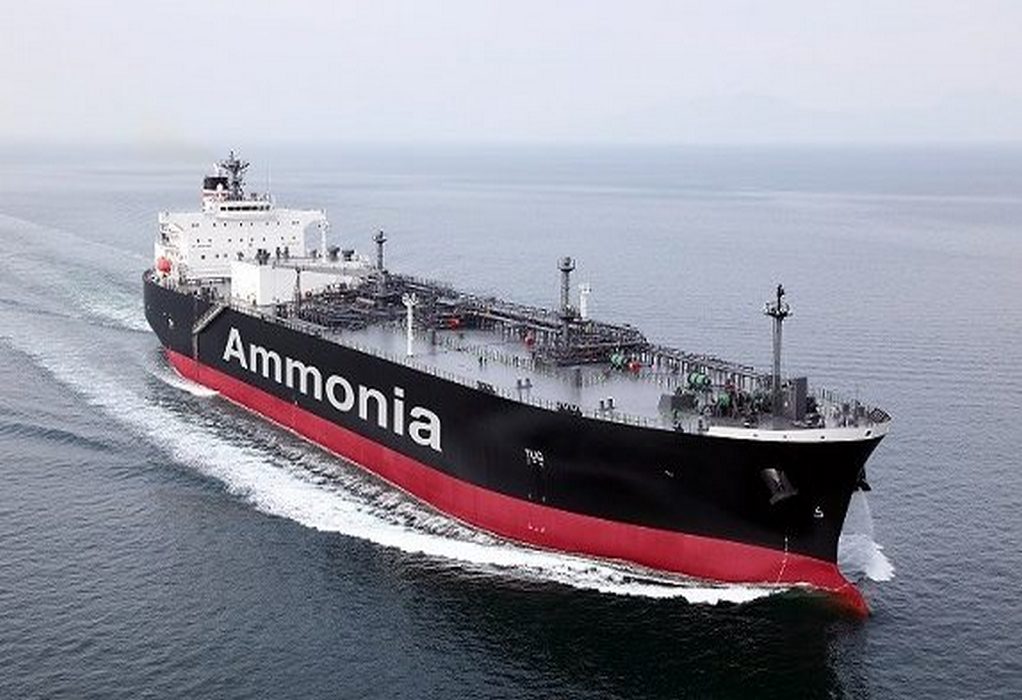A new Lloyd’s Register (LR) report has emphasized the need for industry-wide knowledge of operational and safety difficulties when using ammonia as a marine fuel for the maritime energy transition.
According to the report, adopting efforts to construct a framework now will allow the sector to avoid delays and build on the strong technological case for ammonia adoption.
The marine sector may benefit from decades of expertise delivering ammonia as cargo to ensure safe handling and infrastructure. However, there are ongoing concerns about ammonia toxicity, crew knowledge and training, and the overall influence on aquatic, human and environmental health.
The study also found that among the factors to consider for ammonia adoption, social acceptance and scalability are key.
The pricing of renewable electricity, green hydrogen and carbon capture will all impact ammonia’s affordability as a marine fuel.
According to LR, clean ammonia producers, who are looking to upgrade production to create blue and green ammonia, see potential in increased demand from agriculture and other sectors, as well as shipping, all putting pressure on supply.
Liam Blackmore, Principal Specialist – Decarbonisation at Lloyd’s Register, said: “Fuel for thought: Ammonia, underlines the importance of addressing regulatory gaps, technology application and production hurdles to ensure the seamless integration of ammonia into the marine fuel landscape as part of the maritime energy transition.
According to a previous LR research, to comply with Fuel EU and EU ETS rules, shipowners should deploy their most efficient boats on certain routes and adopt intelligent fuel and technology plans.
Tags: Ammonaia, Lloyd's Register, Marine Fuel



Recent Posts
South Africa advances plans to decarbonize shipping sector
New IMO Course Builds Global Capacity for Safe Use of Renewable Fuels in Shipping
IISc Develops Hydrogen Production Tech from Agri-Waste with Over 99% Purity
MPCC Orders Four Energy-Efficient Container Vessels in USD 228 Million Fleet Expansion
Yang Ming Orders LNG Dual-Fuel Vessels from Hanwha Ocean Advancing its Fleet Optimization Plan
Shipping Industry Seeks Clarity Ahead of IMO’s Net-Zero Framework Adoption
Report Highlights Pathway for Electrifying Nigeria’s Container Trade Sector
South Korean Company YPP Plans to Invest up to $3.1 Billion in Green Hydrogen Production in Kazakhstan